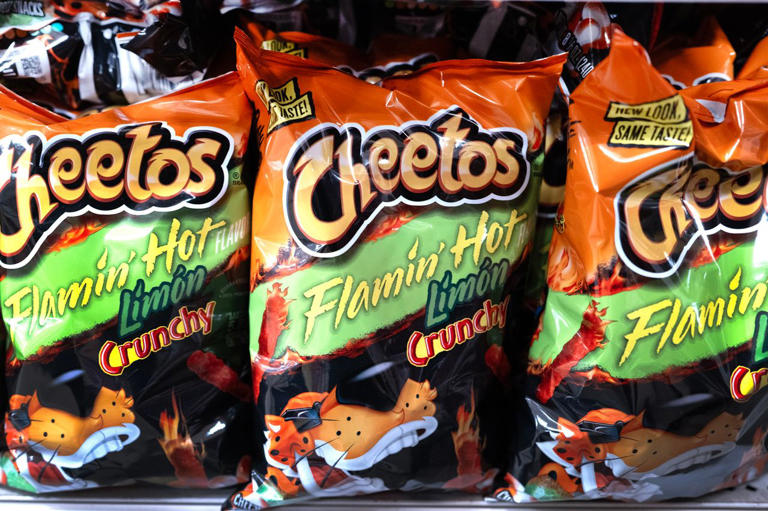Inflation-weary shoppers are beginning to tighten their belts even on everyday indulgences like potato chips, marking a shift in consumer behavior amid ongoing economic challenges. For years, as prices surged across various sectors, consumers had opted for affordable treats such as Doritos and Lay’s over more expensive luxuries like dining out or travel. However, recent trends indicate a broader pullback in spending across all categories, according to Jamie Caulfield, PepsiCo’s chief financial officer.
PepsiCo, a major player in the global snacks and beverages market, reported a notable decline in sales volume for its Frito-Lay North America business, which dropped 4% in the latest quarter. Caulfield attributed this shift to a growing segment of price-conscious consumers actively seeking better deals to stretch their budgets further. This decline in sales volume contrasts with a modest 1% increase in revenue globally, indicating that while revenue grew, it was driven by other factors such as pricing rather than increased consumer demand.
“While we saw a 1% increase in revenue globally, our sales volume, particularly in North America, faced a 2% decline,” Caulfield noted. These results fell short of Wall Street expectations, prompting a slight drop in PepsiCo’s stock value during early trading.
The broader economic backdrop in the U.S. shows signs of moderating inflation, yet consumers continue to feel the cumulative effects of sustained price hikes, especially evident in their grocery bills. This has led to reduced spending on well-known brands like Starbucks, Chips Ahoy, and McDonald’s in recent months.
Similarly, Conagra Brands, known for products like Slim Jim and Vlasic pickles, also reported lower sales and issued a cautious profit outlook for the fiscal year ahead. CEO Sean Connolly expressed optimism for gradual improvement as consumers adapt to new price norms.
In response to changing consumer preferences, PepsiCo has introduced product offerings designed to provide better value, such as a new 10-item variety pack of snacks that has been well-received. Caulfield highlighted a shift away from traditional buy-one-get-one-free promotions towards lower price points on individual items, reflecting evolving consumer expectations.
Despite the downturn in traditional snack sales, PepsiCo remains buoyed by strong demand for its healthier snack and soda options, including Pepsi Zero Sugar, PopCorners, and the Simply line of snacks. Caulfield emphasized plans to increase marketing efforts for these products to capitalize on their popularity.
In addition to managing consumer shifts, PepsiCo has been navigating challenges like a recall of granola bars and cereals within its Quaker Foods unit, which began late last year. The company has taken steps to mitigate these impacts, including the closure of a production facility in Illinois, with expectations of returning to normal operations by the end of the year.
As the economic landscape continues to evolve, companies like PepsiCo are adapting their strategies to meet changing consumer demands while addressing operational challenges, aiming to sustain growth and profitability amidst uncertain market conditions.
The decline in Frito-Lay’s sales volume underscores broader trends in consumer behavior influenced by economic pressures and changing spending habits. While revenue growth remains a priority, achieving sustainable sales volume amidst cautious consumer sentiment poses challenges for PepsiCo and other consumer goods companies navigating a complex economic environment.
